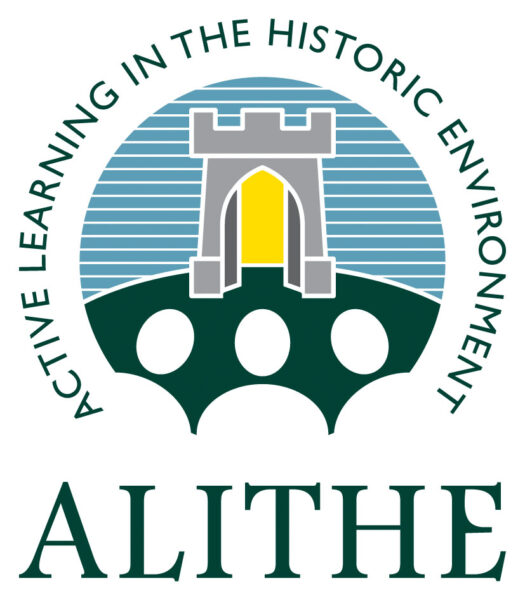
11th-18th April 2022, Rîmet, Romania

Our action of the ALITHE project took place in Rîmet, Transylvania.
The commune of Rîmeț is located in the south- east of the Trascău Mountains, in Alba county, about 100 km away from Cluj Napoca, Transylvania’s major city. The altitude of the commune ranges between 450- 1250 metres, from hilly slopes to steep cliffs and mountain meadows. The main occupation is animal rearing (cattle).
The commune of Rîmeț is characterized by a unique building feature that is its wooden log built houses, field barns and stores with thatched roofs. This feature is found in other mountainous areas of the Apuseni Mountains but in the commune of Rîmeț it is kept alive because the buildings are still in use and some skills for repairing remain. The houses, barns, stables, pigsties, pantries have a stone foundation and were all thatched in the past.

A common characteristic of the thatched houses here is the fact that the smoke from the stove goes into the loft at a predetermined height and is allowed to fill the void, giving the loft the role of a smoke room. The smoke preserves the roof timbers and thatch (long straw) on the inside, making it resistant to fungi and insect attack and waterproof. The materials used for thatching were spring long straw, branches of birch (Betula pendula) and juniper (Juniperus communis); the birch is for stabilization and the juniper to repel mice (the scent being unpleasant to them). Materials are local, sustainable and low cost – the original reason for selection was that these materials were to be found in every household. The thatched buildings are scattered all around the landscape, some of them are still in good condition, some need repair. Most thatched houses are still lived in but the inhabitants are old and usually retired.
Background
“Satul verde” Association And Grampus Heritage & Training have been working with the commune of Rîmeț in various projects to help them sustainably capitalize on the natural & cultural assets. One of these projects was VAST VIEW- the work within this project focused around building of a traditional house with a thatched straw roof. This building hosts the local ethnographic museum nowadays and it is to be found in the hamlet of Bradesti, part of the Rîmeț commune.
The aim of the action was to show, teach and learn the skills and techniques of building with stone, wood, clay and straw. These were the local and available materials and skills that were used much as other skills dating back to the early medieval period in northern and western Europe. The existence of communes like Rîmeț, set in a working mountain landscape lead us to suggest that montane Romania still has quite intact working medieval landscapes. This idea of the medieval surviving through to the modern day was reinforced by surveys of some of the buildings and the identification of jointing, tool marks and design that would be classified as medieval in western Europe but have continued to the modern day in remoter corners of Romania.
The aim of our ALITHE workshop is to demonstrate, teach and learn knowledge and skills in working with straw, wood, stone and clay in the context of restoring a traditional thatched barn.

We’ll work at “Victoria’s farm” , which consists of 4 thatched buildings (a house and 3 barns). The main house was rethatched last year. Our work will be mainly on the big barn.
Main activities:
– check and replace roof & wall timbers;
– fashion wooden pegs/ nails;
– make hazel/willow panels that will line the new roof;
– cut birch/juniper to be used for the roof;
– rethatch the roof using straw; ( this is subject to all the previous necessary work being completed)
NB. Work on the barn will start two weeks before the ALITHE group arrives. We will start with stripping off the old thatch roof. Then we will carry on with checking and replacing the wood that needs to be replaced, etc. The barn will probably need to be raised in some places (it sunk), so we’ll need stone for this job. There will be a lot of hard work to do before we start rethatching. The ALITHE group will carry on with the work started by the previous group.
In April the weather is getting warmer (it should be over 10 degrees) but it can also be colder and rainy. I’ll give you an update closer to your arrival date.
Please be flexible to adjust to whichever situation might occur (i.e slight change of programme due to unpredictable factors).
Programme
Every day after breakfast we’ll drive up to Rîmet where we’ll work throughout the day. Lunch will be on site. Dinner will be at accommodation/ places nearby.
Sunday will be a cultural day and we’ll visit the Roman city of Alba Iulia (Apulum) with its Vauban fortress.
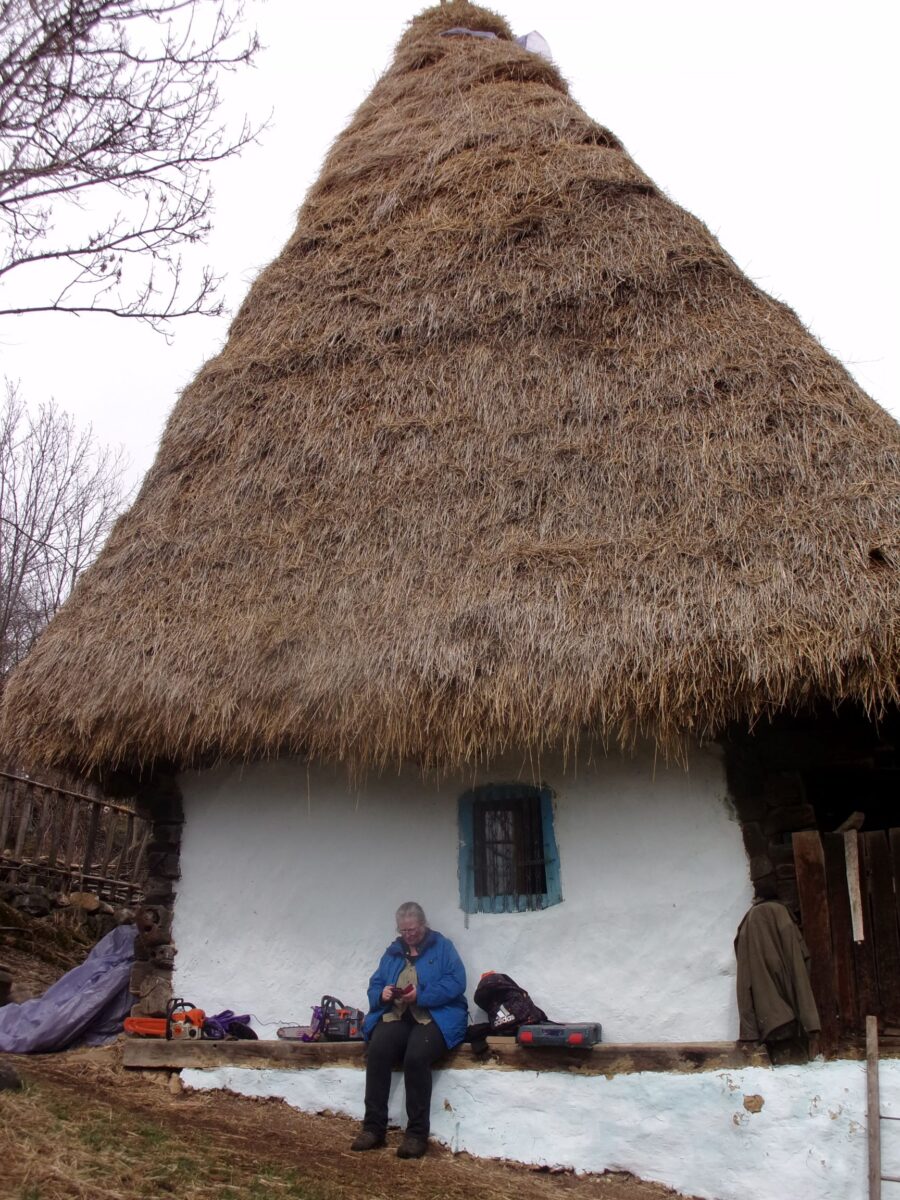
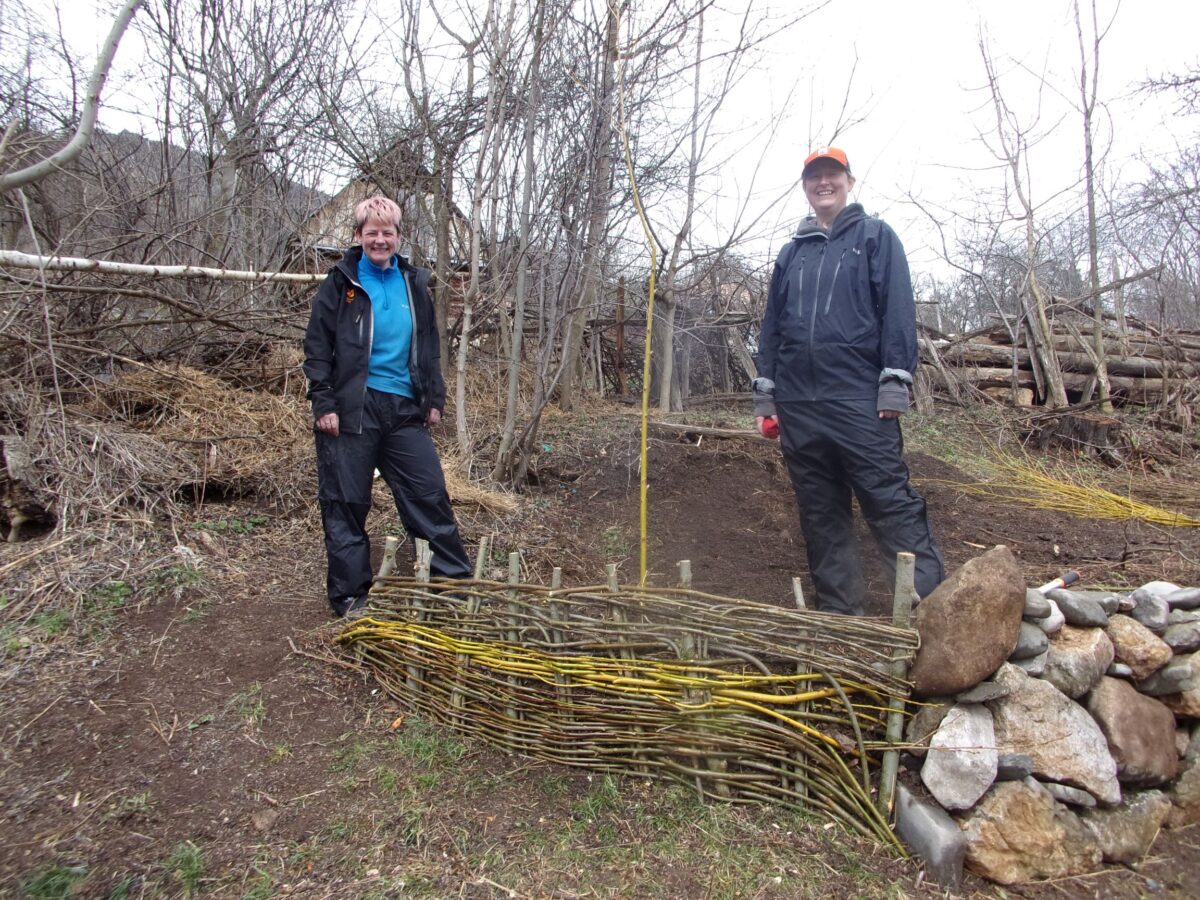
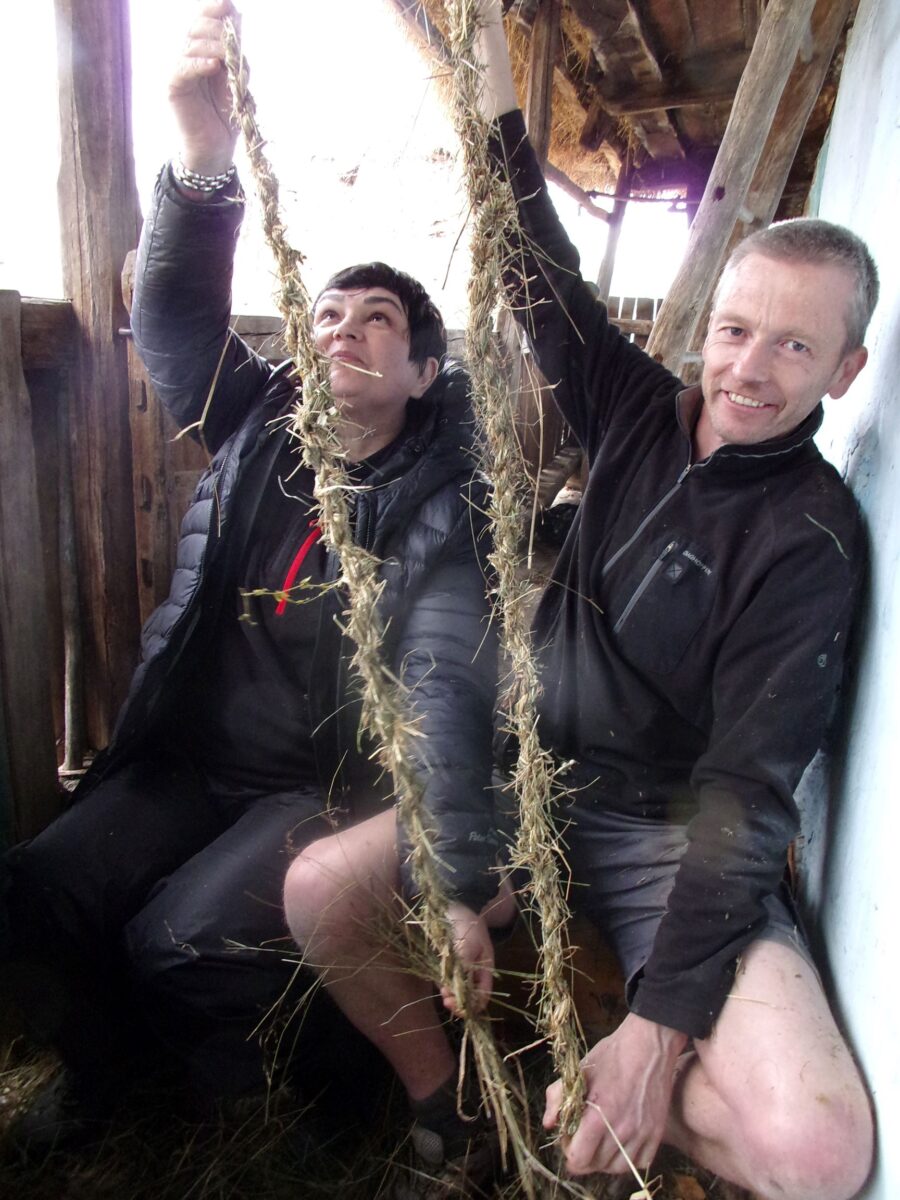
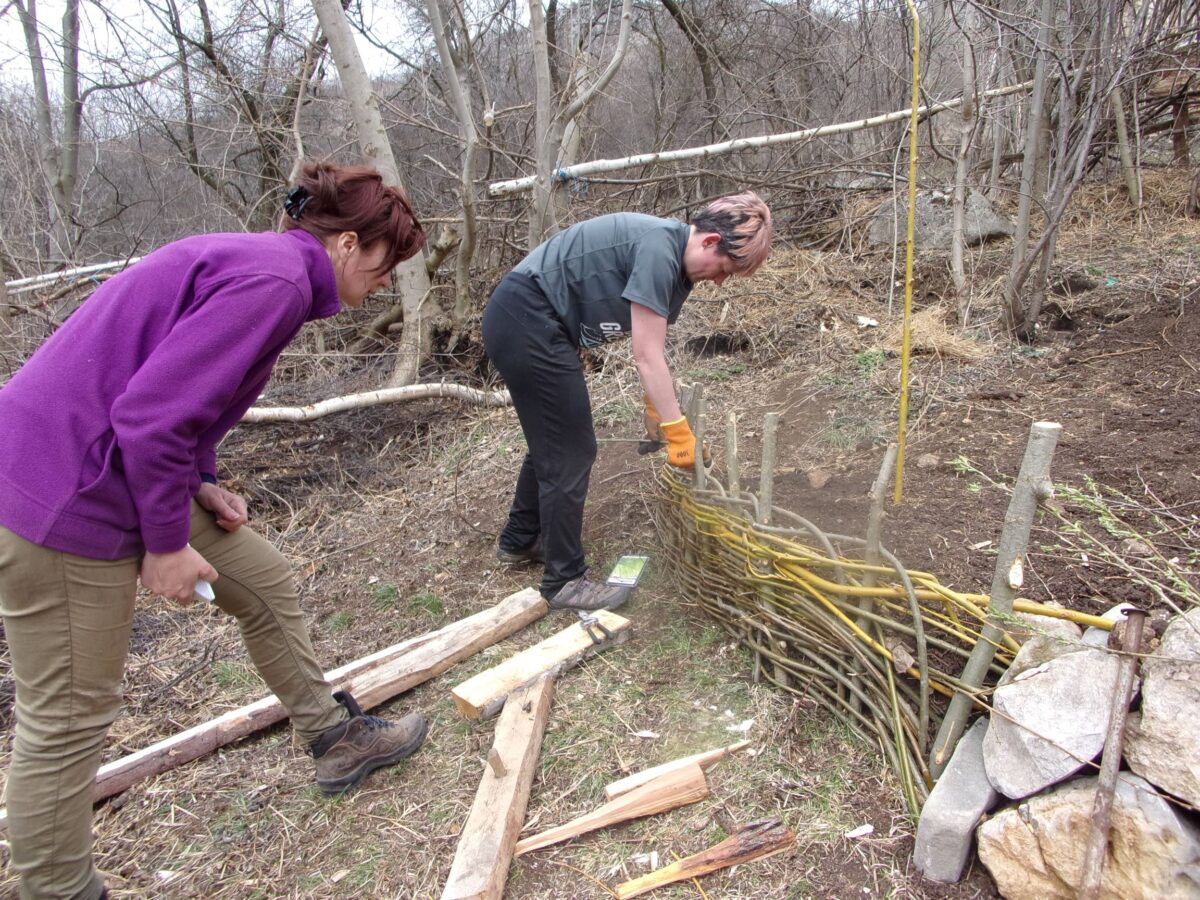
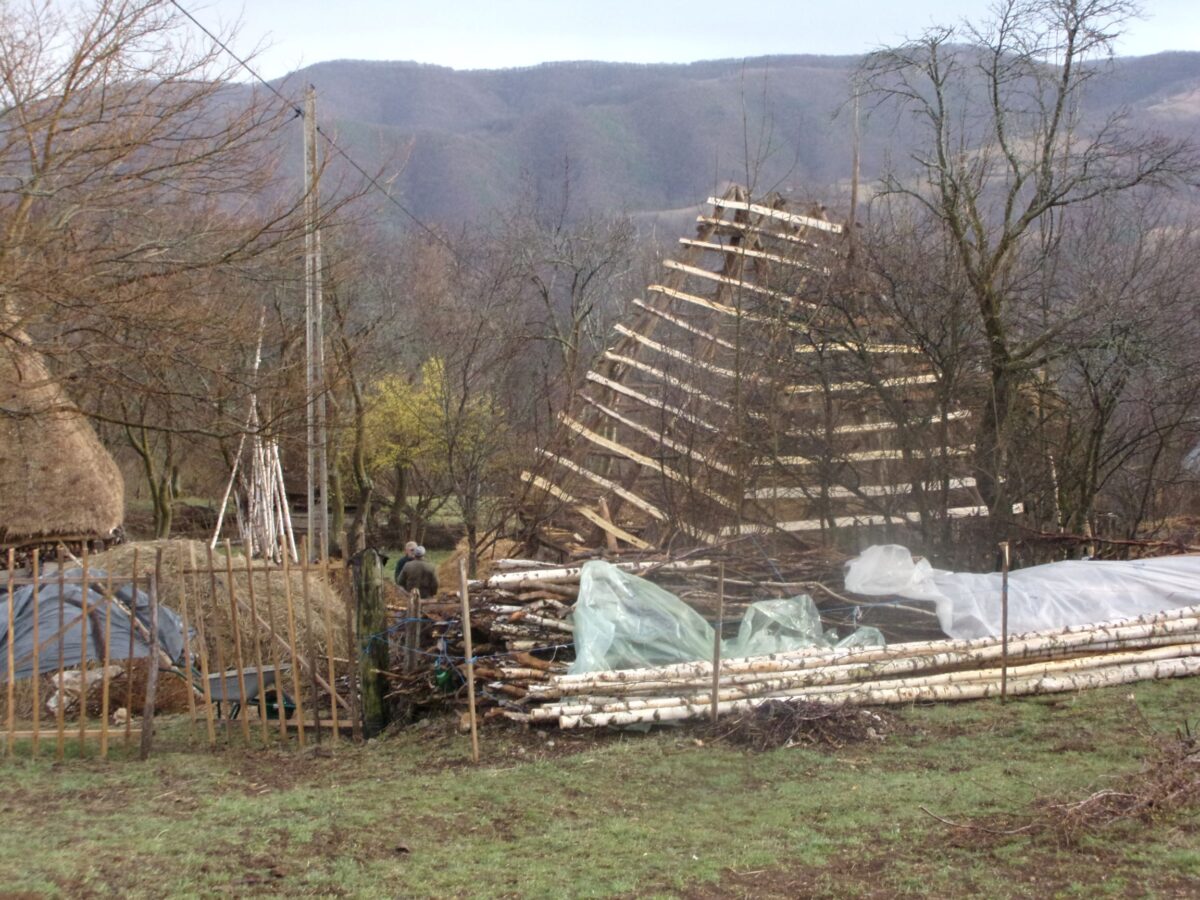
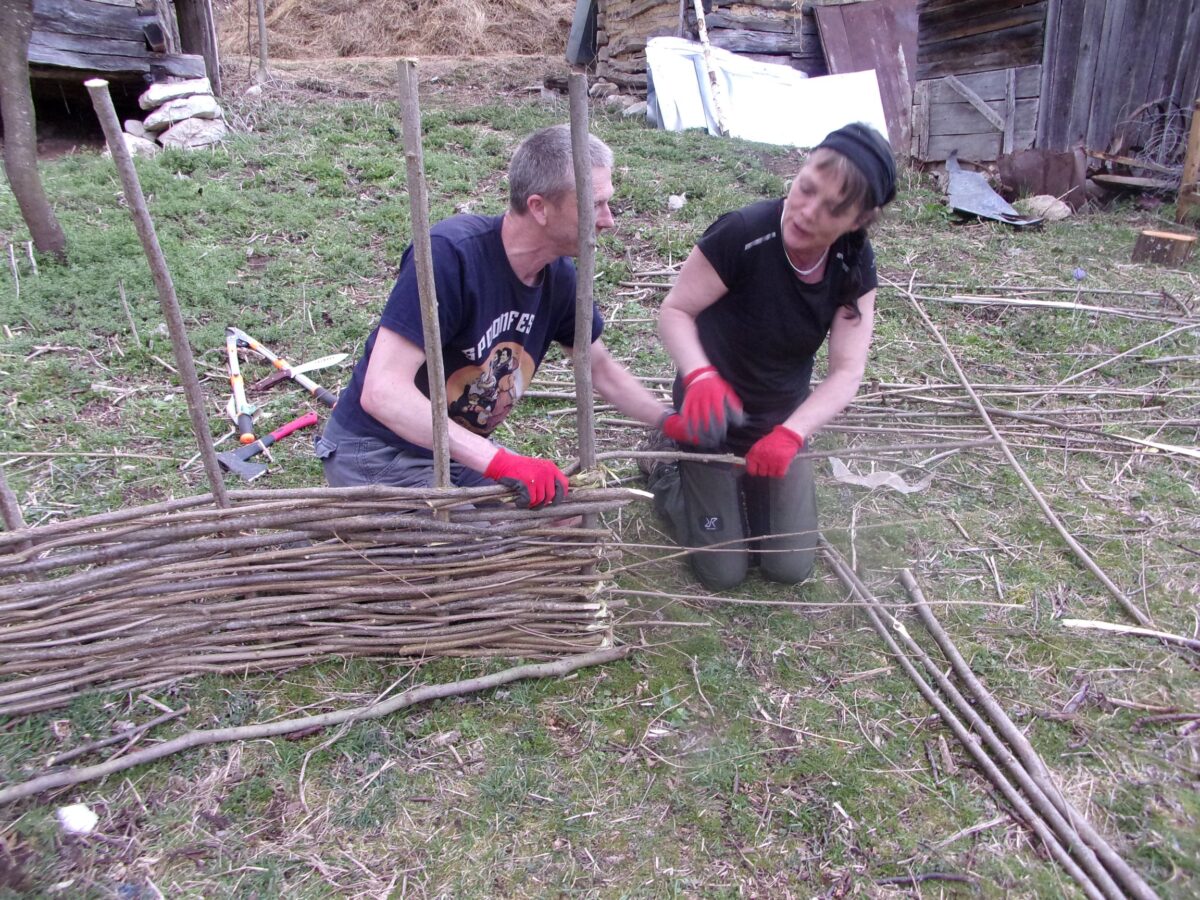

The European Commission support for the production of this publication does not constitute an endorsement of the contents which reflects the views only of the authors, and the Commission cannot be held responsible for any use which may be made of the information contained therein.

